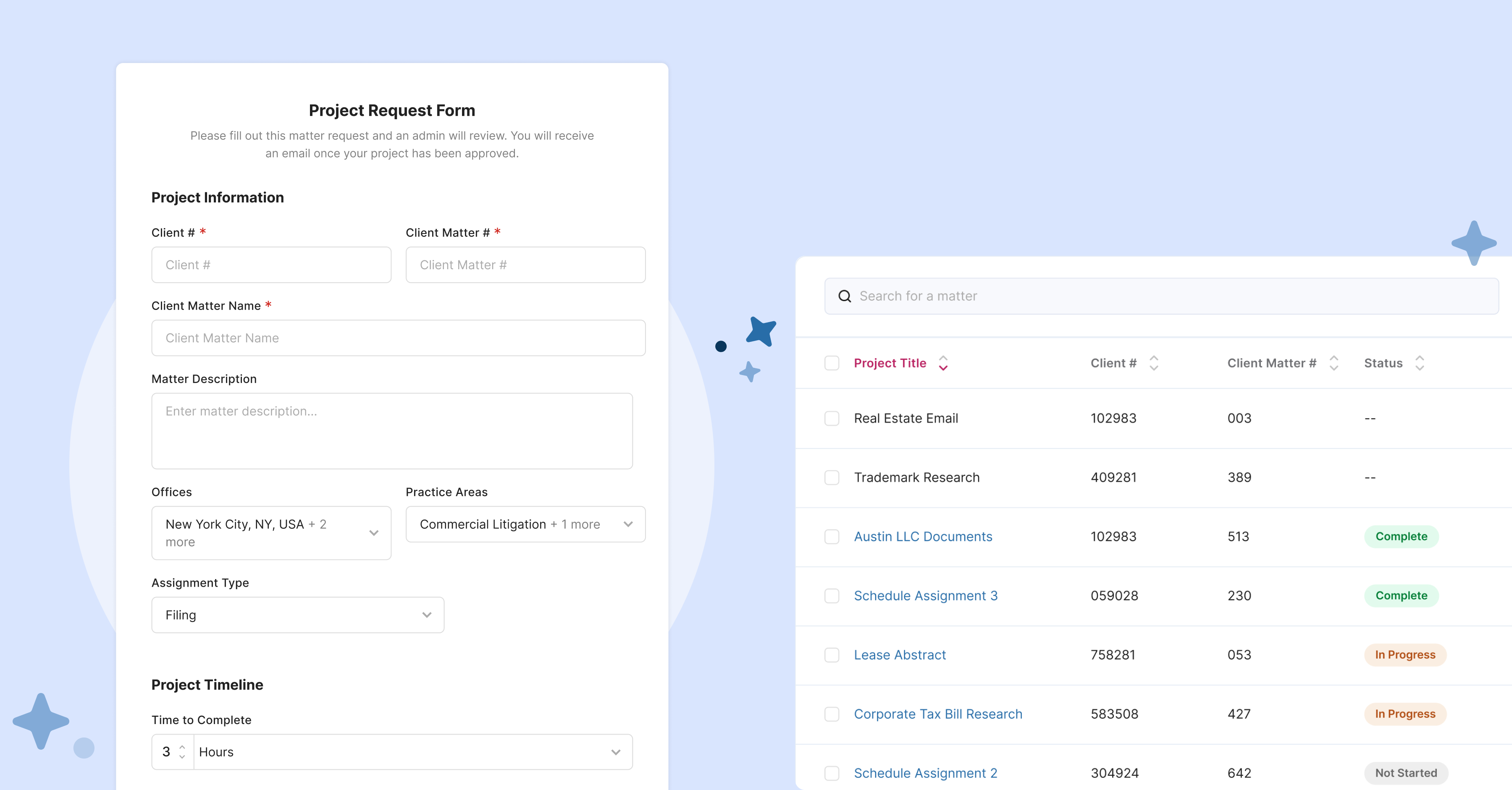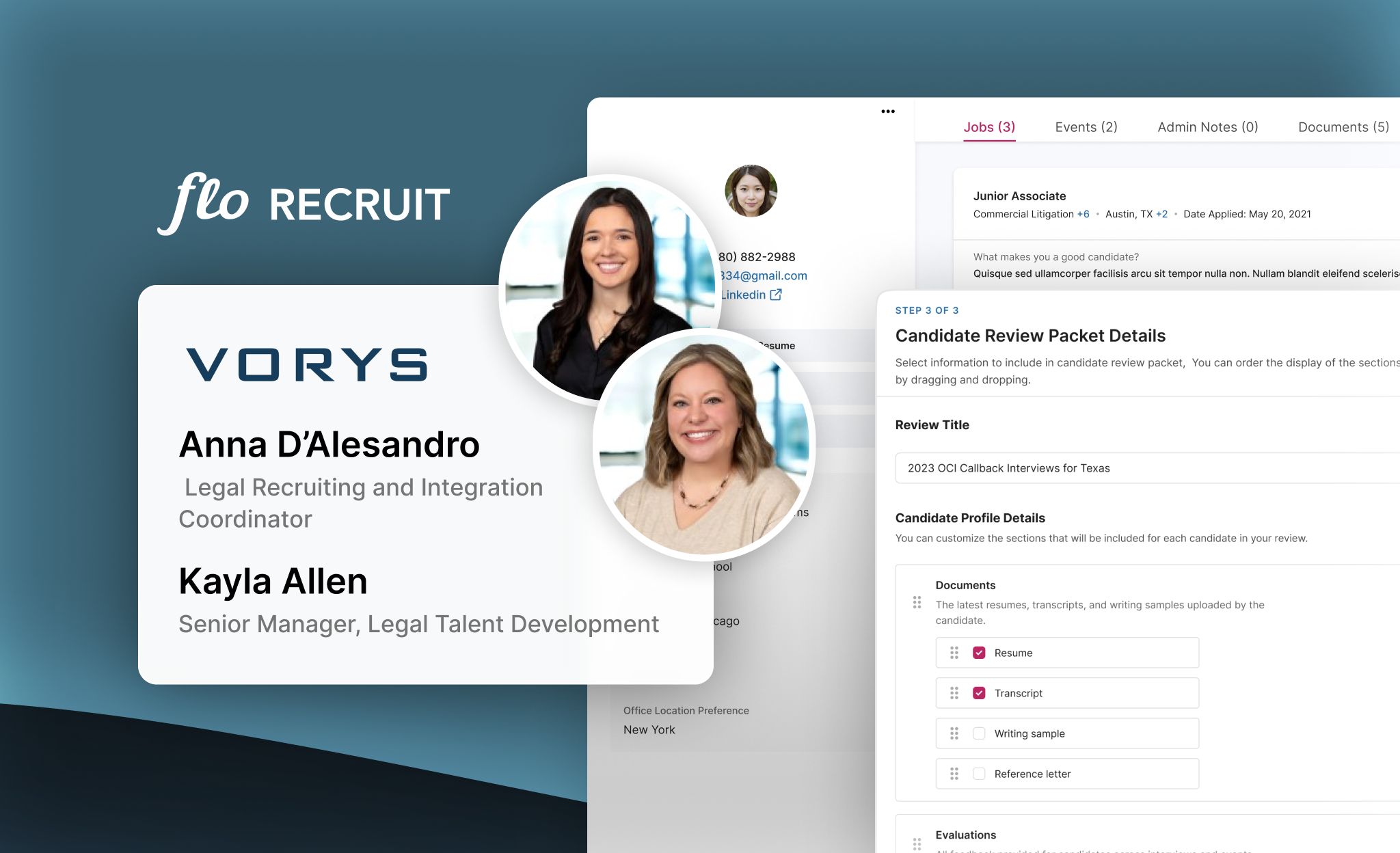Growing Up in the Age of Technology: Today’s Law Students’ Approach to Tech
Prelude
We’re sure you’ve already heard the words: “Technology is evolving at a faster pace each year.” This is not news. What is news and what we hope to cover in this blog is how current law students approach technology. You might be asking yourself: “Why should I care? Shouldn’t law students be adjusting their behaviors and using technology the way their betters do? Shouldn’t they want to fit in?” Let’s counter that. The market dictates the answers, and the market is the top law students you want to hire.
This blog explores how today's law students, who have grown up surrounded by technology, differ in their approach to and utilization of tech compared to previous generations. Delving into aspects such as digital literacy, reliance on digital tools for legal research and study, and attitudes towards emerging technologies like AI, this blog sheds light on the unique perspectives and challenges faced by modern law students when it comes to their expectations, communication, and how they apply to jobs. By understanding these differences, educators and law firms can better support and empower the next generation of legal professionals as they navigate the intersection of law and technology.
Key Takeaways
Following are the key takeaways on law student attitudes and behaviors towards and with technology, as taken from Flo Recruit’s webinar "Next-Gen Legal Recruitment: Understanding Behavior and Expectations of New Talent".
Lynn Herron, Assistant Legal Talent Acquisition Director at Crowell & Moring, spends a lot of time “explaining to students: ‘this is when you can expect to hear from us’ and ‘this is how we are going to communicate’ so they understand.” Some candidates may come with the expectation that they will receive text updates about their interview or application, so it’s important to clear up any potential assumptions ahead of time and not risk losing a top candidate due to misaligned communication expectations. On the flipside there are some candidates who expect emails, so if there is a chance you will be communicating updates via a phone call, it’s important to let them know.
2. Graduating from law school via Zoom does not equate to virtual interview literacy, and may not even indicate a preference for virtual interviews
Many law students had to go through some of their courses virtually. However, learning via Zoom is very different from interviewing back and forth via Zoom. Michelle Parsons, Director of Outreach & Associate Director of Career Services at Vanderbilt, said “I’ve had students ask to practice doing virtual interviews with me because they are still not comfortable in a virtual interview setting”. Specifically, she points out that career services professionals can coach students on how to handle awkward pauses and lag time.
Michelle has had students tell her how they felt like they didn’t perform well in an interview because of the virtual setting and would have preferred in person.
Many folks also assume the new generations want everything to be virtual, but many are actually craving in-person because they did not get that in-person experience due to the pandemic. Michelle has had students come talk to her “about how they feel like they didn’t do well in an interview and keep saying ‘I wish it was in-person.’” This is something to keep in mind when deciding between virtual or in-person interviews.
3. Gen Z and Millenials are excited about Artificial Intelligence (AI)
According to a Mitre-Harris poll, 57% of Gen Z respondents and 62% of millennials said they are excited about the upsides of AI. Now, AI does not have to be as big and scary as it’s made out to be. Leslie Hauser, Associate Director of Private Sector Counseling and Programs at Berkeley Law is not afraid of AI. She says, “Schools have always provided sample cover letters. So how different is that sample cover letter from an AI generated cover letter?” She further clarifies that “A sample cover letter and an AI generated cover letter are places to start, just not a finished work product.” Where students have to be educated is on seeking answers to interview questions or answers to client casework from AI. See the key takeaways below.
4. Students are not always looking for answers in credible placesCountering the key takeaway above: TikTok, Reddit, ChatGPT, are not the places students should be going to for career advice or application question answers. However, this is a new generation that grew up with Reddit, spends hours scrolling on TikTok, and likely encountered the ChatGPT excitement during undergraduate studies. When the pandemic was raging and many were isolated, technology was there for them. It is up to law schools and law firms to educate today’s students (with compassion) on sources of misinformation and provide credible resources to prepare them for their applications and interviews.
For example, when law students are considering their salary expectations, Michelle Parsons of Vanderbilt Law believes that some students are influenced by “this culture of a higher standard of living that they feel they need right away and live this lifestyle that they either see partners doing or they see it on TikTok, they see it on Instagram, about what is considered successful.” Michelle Parsons believes that some students are highly influenced by social media or even high earning partners at their firm. They see the lifestyle of some of these experienced partners and want to be at that level right out of law school, and while yes, the law degree provides for some of this, it can take years of practice to reach the income/net worth level that allows them to do that. Firms shouldn’t necessarily be introducing a higher salary into job offers, but it is important to consider where a student may be coming from when they ask for one.
5. Be wary of new associates looking for casework answers in unsubstantiated places
Lynn Herron from Crowell & Moring cautions HR directors and managers of new associates to be aware of where new associates may be searching for answers. “Google research isn’t the best…Clients are paying us a really high amount of money for expertise, so we need to be thorough in our research,” Lynn said. She advises to partner with your research services team and run training for new associates on the resources that are available to them.
So how do I attract top candidates and keep them in their “tip-top” shape? It starts with taking a step back.
Employers should view a candidate not as a student, but as a partner.
Lynn Herron says she was lucky to be born at a crossroads year, giving her a leg up on understanding multiple generations. “We expect everybody to communicate in the way that we're most comfortable at the time we're most comfortable. And I think this current generation expects that too, but I did when I was in my twenties as well,” says Lynn.
“What’s important is that we partner with the generations that came before and are coming after,” Lynn said. Referencing the Y2K movement, she reminds us, “Partners were worried about associates being in direct contact with clients through email.” Now, it’s hard to imagine associates not talking to clients and helping partners with their cases.
Consider the perspective: you are two peers evaluating each other for a potential relationship or two peers trying to understand how both can bring value to one another. Both require compassion and empathy. By reading this blog, you’re already off to a great start!
To watch the full webinar, click here and sign up for the recording. To learn more about how Flo Recruit best serves your legal recruiting needs, check out our ATS overview or contact our experts here.

.png)
